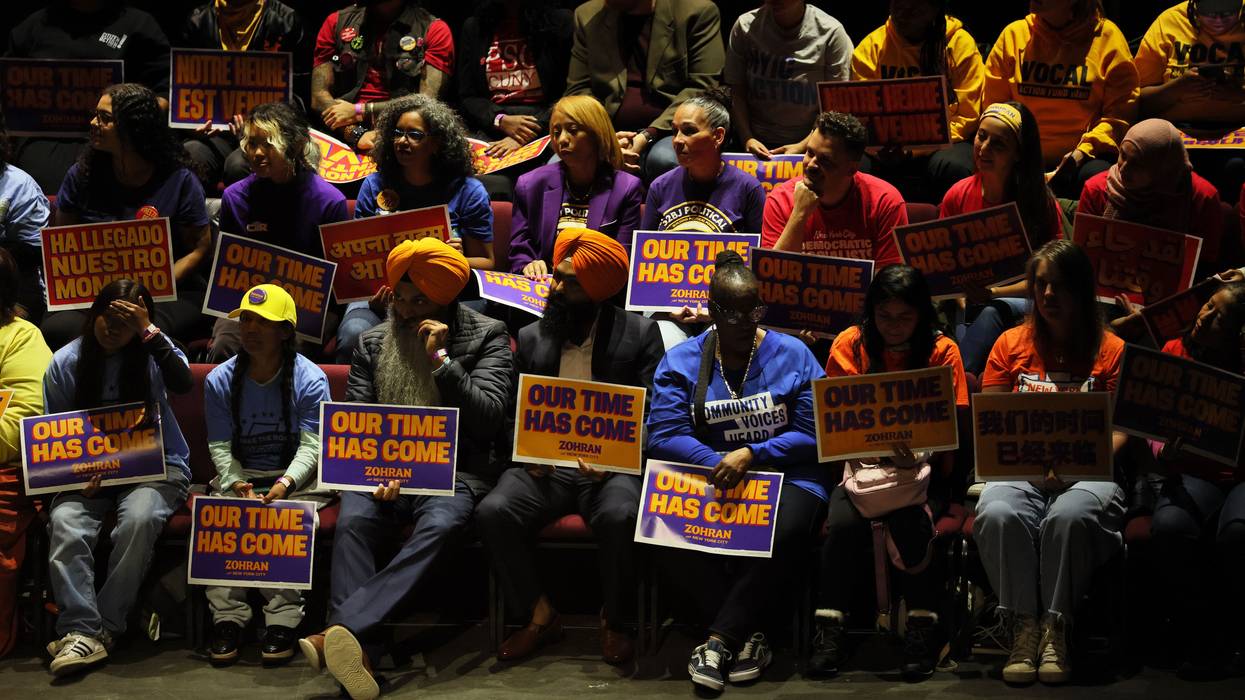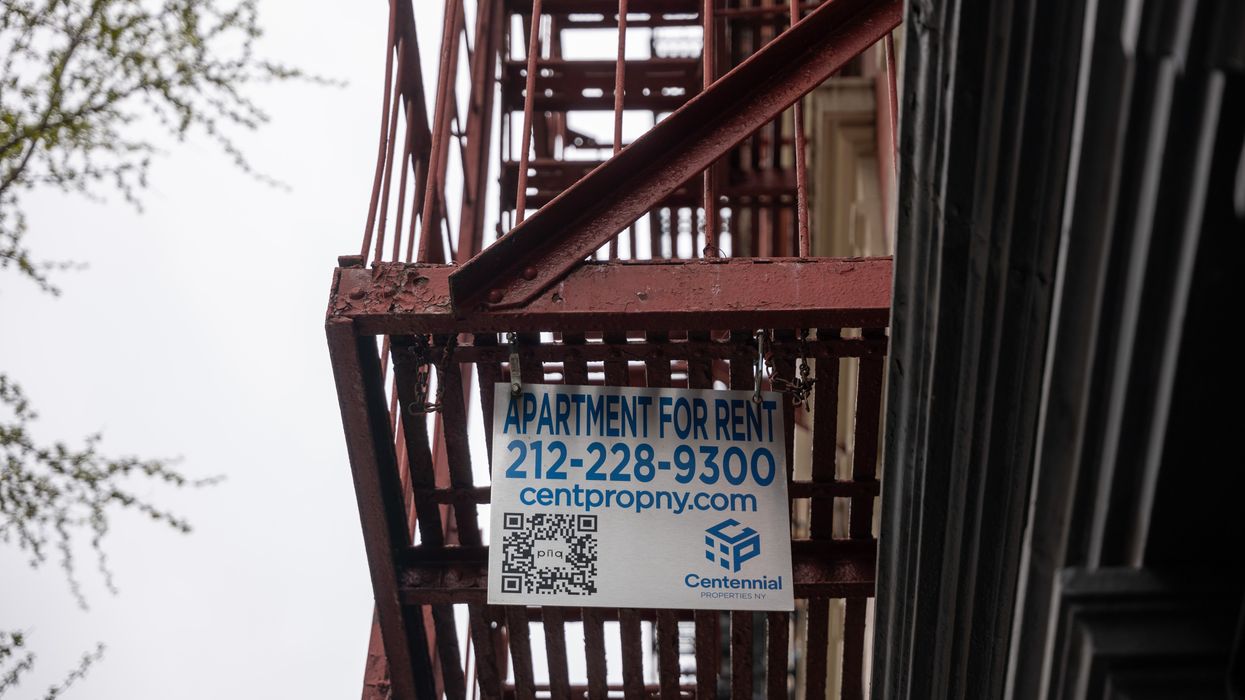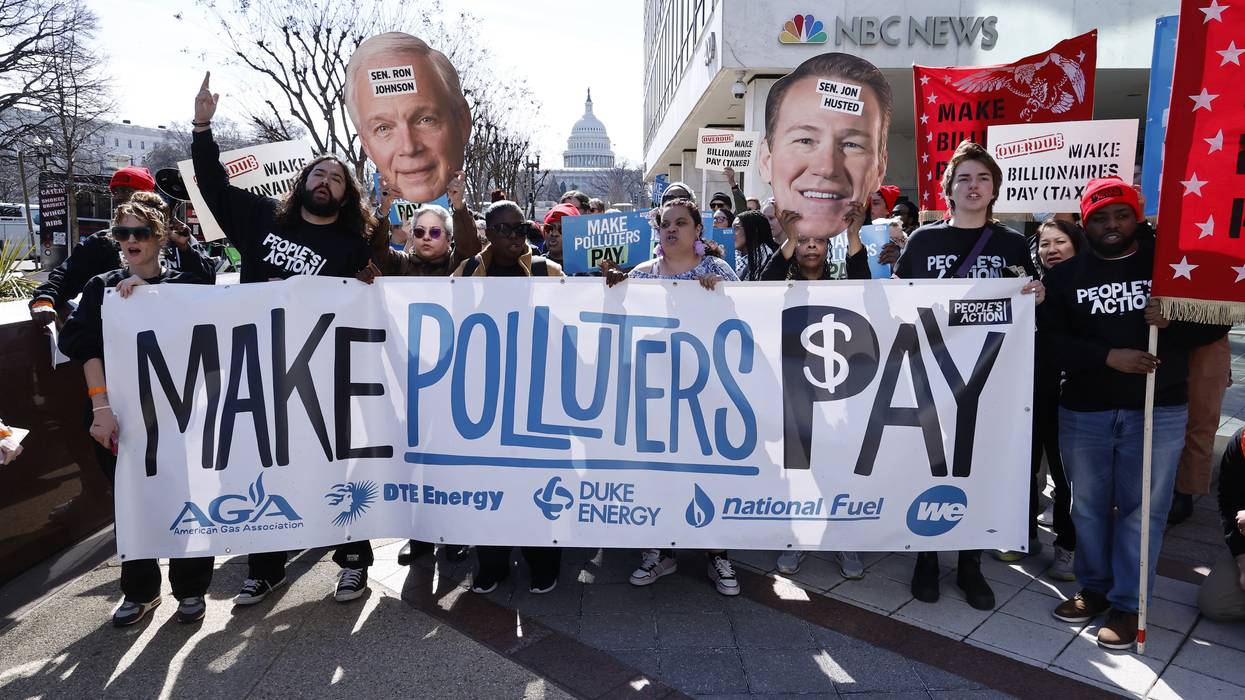A Win for Mamdani Is a Win for Renters Everywhere
Mamdani is the antidote to the corporate landlord dominance we see in cities across the US. He doesn’t just speak on behalf of rent-stabilized tenants; he is one.
Zohran Mamdani, a tenant who lives in a rent-stabilized apartment and made affordable rent the primary issue in his campaign, has been elected mayor of New York City.
To be clear, a win for Mamdani is a huge win for renters—not just in New York, but across the country. Mayor-elect Mamdani has shown that a populist mayoral candidate with a bullhorn can ground a winning campaign in issues that impact constituents just trying to get by and have a decent place to live.
During the campaign, former New York Gov. Andrew Cuomo repeatedly attacked Mamdani for living in a rent-stabilized apartment and supporting a rent freeze. It was a display of character and courage that Mamdani never backed down. Instead, he doubled down. And the attacks against him continued through the last mayoral debate, where Mamdani stated emphatically, “You’ve heard it from Andrew Cuomo that the number one crisis in this city, the housing crisis, the answer is to evict my wife and I. He thinks you address this crisis by unleashing my landlord’s ability to raise my rent. If you think that the problem in this city is that my rent is too low, vote for him. If you know the problem in this city is that your rent is too high, vote for me.”
Mamdani understands the debate comes down to a very basic question: With rents so high, where are people supposed to live? The Starbucks barista, McDonald's worker, and Lyft driver are experiencing what most candidates are afraid to talk about—that they are one rent increase away from losing their apartment.
With over 2.3 million renters in New York City, it’s about time they elected a mayor who would put affordable rents front and center.
Too often, the dialogue around rent has been dominated by investors and corporate landlords. They seemingly have a bottomless pit of money to get their message out and line the campaign coffers of candidates who offer them carte blanche to raise rents and undermine tenants. As Mamdani stated during the race, “The same landlords who said they didn’t have enough money to freeze the rent, gave Cuomo $2.5 million dollars, the single largest check in this entire race.”
Mamdani is the antidote to the corporate landlord dominance we see in cities across the US. He doesn’t just speak on behalf of rent-stabilized tenants; he is one. And that makes all the difference.
Rent control is not new. It has been around since 1919. As real estate became more corporatized, multi-family buildings became a commodity—a line on a balance sheet. It’s less about the people and more about the building as an asset whose value is based on rents. In the 1990s, Apartment Associations led a nationwide campaign to curtail or ban altogether rent control. Currently, 37 states have banned it and states like California only allow rent control in buildings built in 1996.
Cash-strapped tenant organizations have done their best to move the needle on rent stabilization efforts, but they often face a deluge of money from the real estate industry, expensive lawsuits, and elected officials willing to reverse their progress.
Mamdani’s win as mayor signals new hope for campaigns that address the need to control skyrocketing rents. It sets in motion a new model nationwide centered on the needs of constituents, rather than corporate-dominated policies that have no tangible benefit to constituents and fail to improve the quality of life for low-income people.
With over 2.3 million renters in New York City, it’s about time they elected a mayor who would put affordable rents front and center.
Leaders across the country are watching what is happening in New York. The rents are so high that even someone working two full-time jobs can still be rent-burdened, paying over 30% of their income in rent. That is not sustainable.
New Yorkers reached a tipping point and found in Mamdani a leader who provided a platform of solutions, not more excuses for why they cannot get the relief they need. And hopefully, other cities will follow suit, attracting candidates that want to solve problems rather than kowtow to rich donors.
Let’s face it: Stabilizing housing costs is a reasonable practice, which is why most homeowners pay the same amount every month in mortgage payments. Mortgages don’t go up 17% every year to line the pockets of lenders. That would be ridiculous, and it is for renters too. Giving renters stability is not just a reasonable ask; it is a necessity.
As a lifelong renter, I believe we are on the precipice of policy change in the US. Renters and low-income communities are rising up to demand that the government acts in their interest.
Mamdani serving as mayor of America’s largest city, while living in a rent-stabilized apartment, is a game changer. More of this in other cities is desperately needed.


